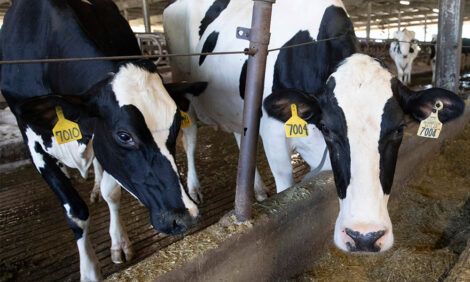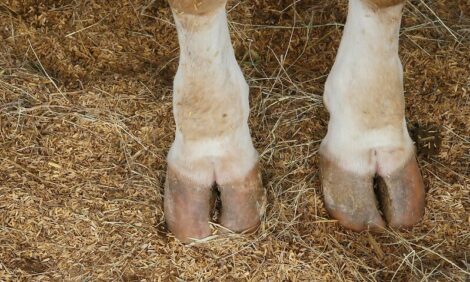



WTO COOL Ruling Good For Cattlemen
US - The National Cattlemen’s Beef Association (NCBA) reported that the World Trade Organization’s (WTO) preliminary ruling on Country of Origin Labeling (COOL) reinforces what the group, which is the oldest and largest national organization representing the US cattle industry, has stated all along.According to NCBA President Bill Donald, COOL was a bad idea from the beginning and the preliminary WTO ruling on the original complaint filed by Canada and Mexico is proof.
“This ruling is unfortunate for the US government but the consequences of a poor decision have been revealed. We fully support WTO’s preliminary ruling,” said Donald. “It is also very important to note that this ruling is very much preliminary and all of the details are not yet known.”
In 2008, the US Congress passed the Food, Conservation and Energy Act, which imposed mandatory COOL for beef and other meats. Canada and Mexico initiated the WTO case six months after the act was passed. On Friday, May 20, 2011, WTO released its preliminary ruling that determined US COOL requirements violate provisions of WTO’s agreement on Technical Barriers to Trade (TBT). WTO ruled US COOL requirements do not fulfill the stated US objective of helping inform consumers of the origin of meat and, consequently, violate the TBT agreement. Donald said there have been no winners with COOL. He said the US cattle ranchers lose right along with cattlemen from Mexico and Canada.
“Proponents of COOL have always believed that restricting imports of Mexican and/or Canadian feeder cattle will decrease the supply of feeder cattle in the United States and increase the price of US origin feeder cattle. In reality, reducing the number of cattle in the marketplace also reduces the infrastructure of the US beef industry,” said Donald. “The ultimate result of such an action is that the value of all feeder cattle in Mexico, the United States and Canada are reduced. We all lose. The truth is, in this global economy, a rising tide floats all boats. Shrinking the size and scope of our industry only serves to cripple us for the future.”
WTO will reportedly make the ruling public sometime in September. The United States will then have two months to decide whether to appeal the ruling.
TheCattleSite News Desk


